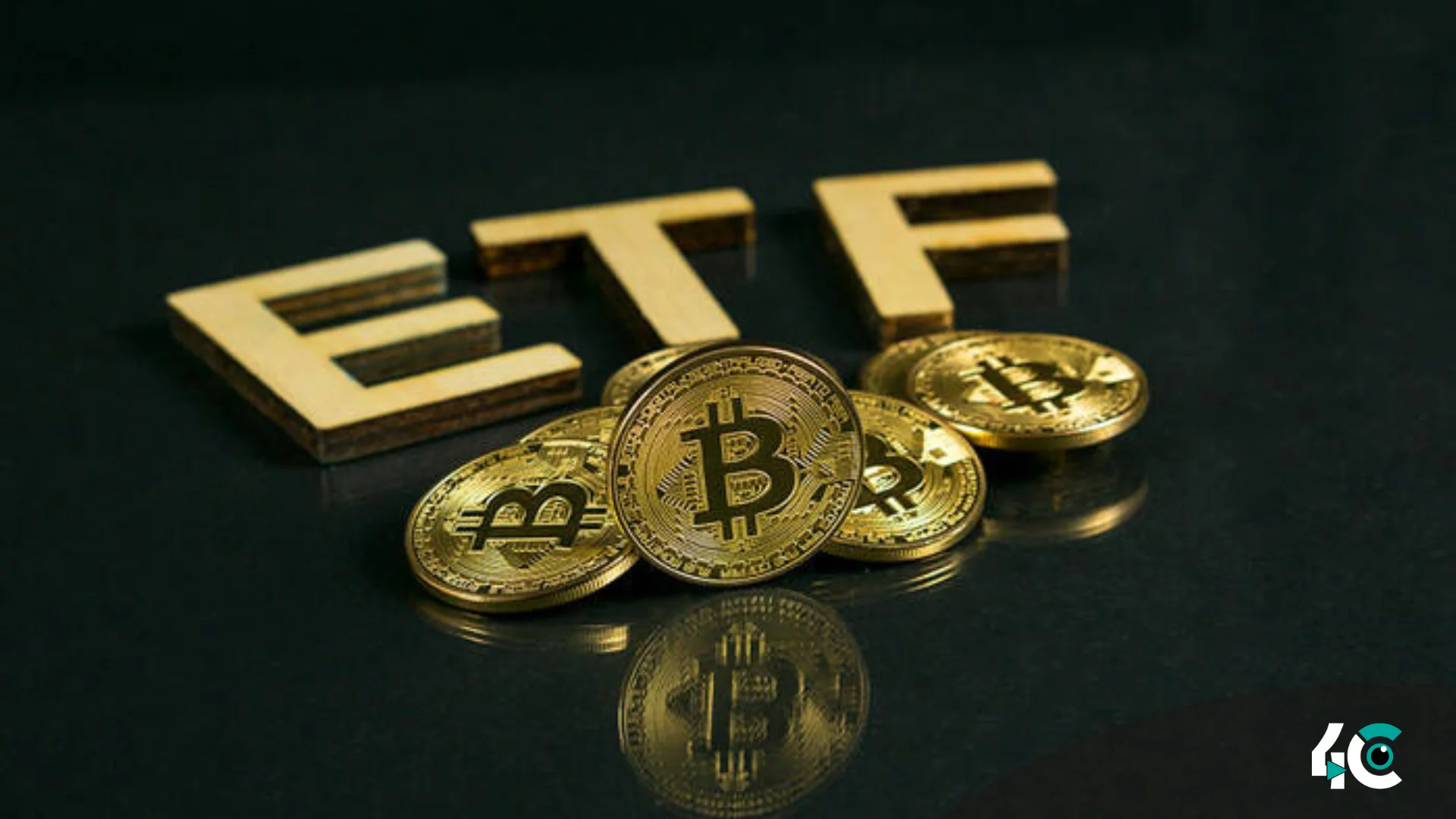Because of rising tensions in the Middle East, $242.6 million left U.S. Bitcoin exchange-traded funds (ETFs) on October 1. This was the biggest withdrawal in almost a month. Farside Investors data shows that this sudden change came after eight days of money coming in, which added up to $1.4 billion by the end of September.
This rapid change is the third-biggest day of outflows in the last five months, and it shows that investors are becoming more cautious as global uncertainty spreads. The Fidelity Wise Origin Bitcoin Fund lost the most money, with $144.7 million taken out. The ARK 21Shares Bitcoin ETF came in second, losing $84.3 million. The Bitwise Bitcoin ETF, the VanEck Bitcoin ETF, and the Grayscale Bitcoin Trust were some of the other well-known funds that lost money. They lost $32.7 million, $15.8 million, and $5.9 million, respectively.
Notably, BlackRock iShares Bitcoin Trust was the only ETF that went against the trend. It continued its good run with $40.8 million in inflows, making it 15 days in a row that no money has left the fund.
The market chaos caused by events in the Middle East, like Iran’s rocket attack on Israel, caused Bitcoin’s price to drop by a large amount. The price of the coin dropped almost $4,000 and hit a two-week low of $60,315 before leveling off at $61,620.
It was also bad for Ethereum ETFs, as $48.6 million left nine funds. Most of the money was lost by Grayscale’s Ethereum Trust and Fidelity Ethereum Trust, which each lost $25 million.
As political unrest in the Middle East continues to grow, buyers are moving their money away from risky assets like Bitcoin and toward safer ones like gold and U.S. treasuries. This quick rush to safety has made people worry about Bitcoin’s role as a “digital safe haven,” since its price changes are more closely linked to political and economic unrest around the world.
In the future, how well Bitcoin ETFs do will probably rest on how the world’s markets respond to current geopolitical events and big-picture economic data. For now, investors are still worried about the worsening war in the Middle East and the general uncertainty in the market.


































